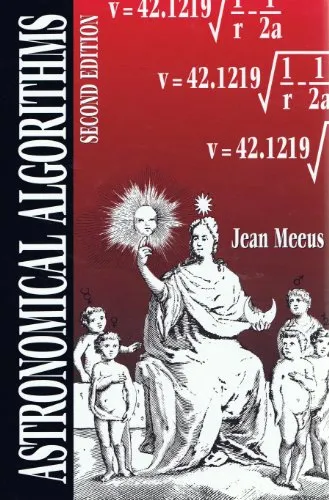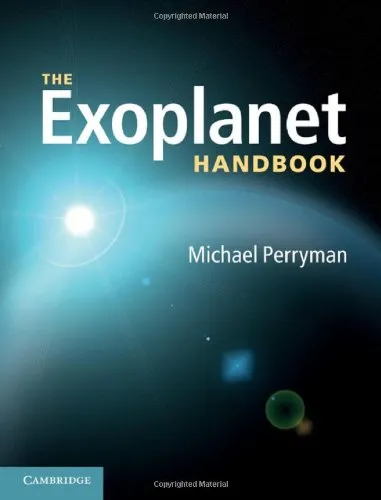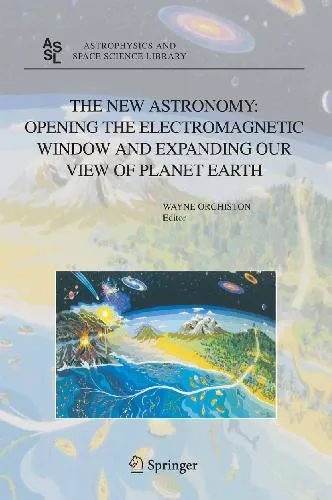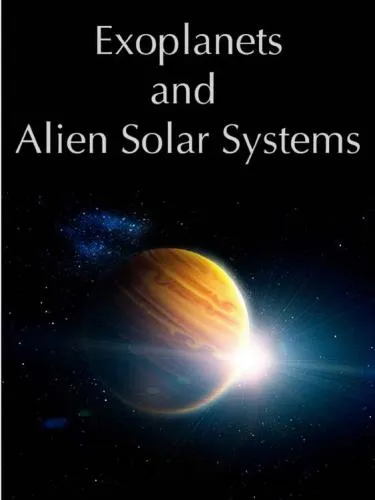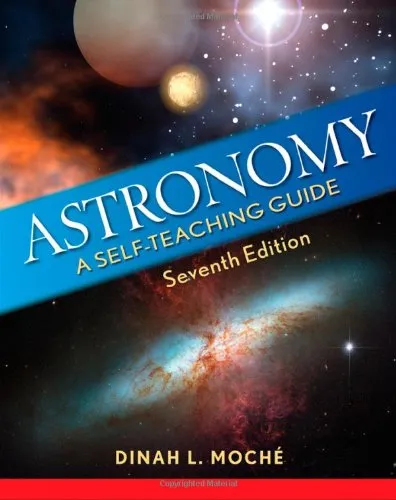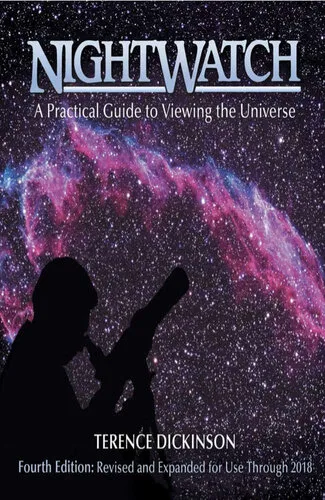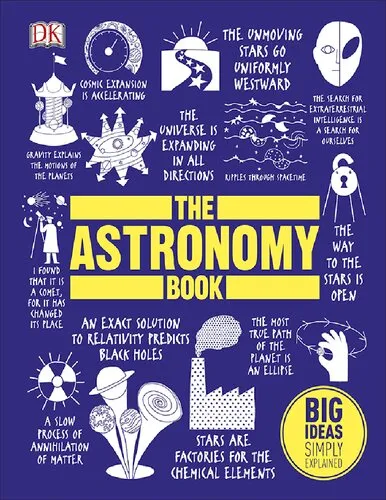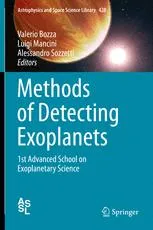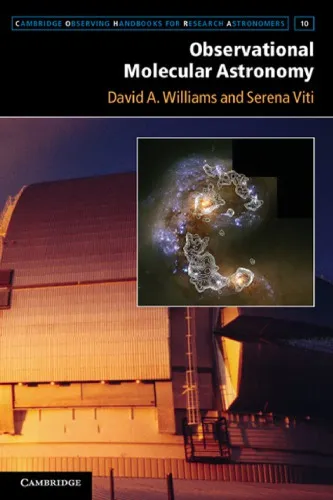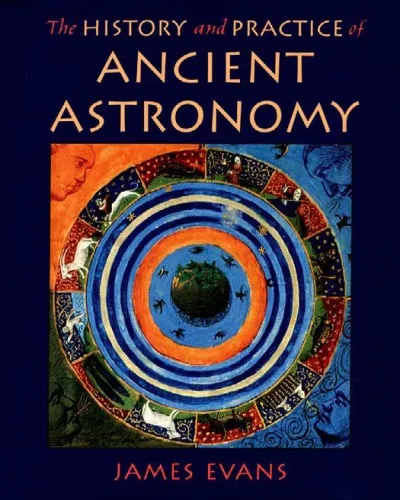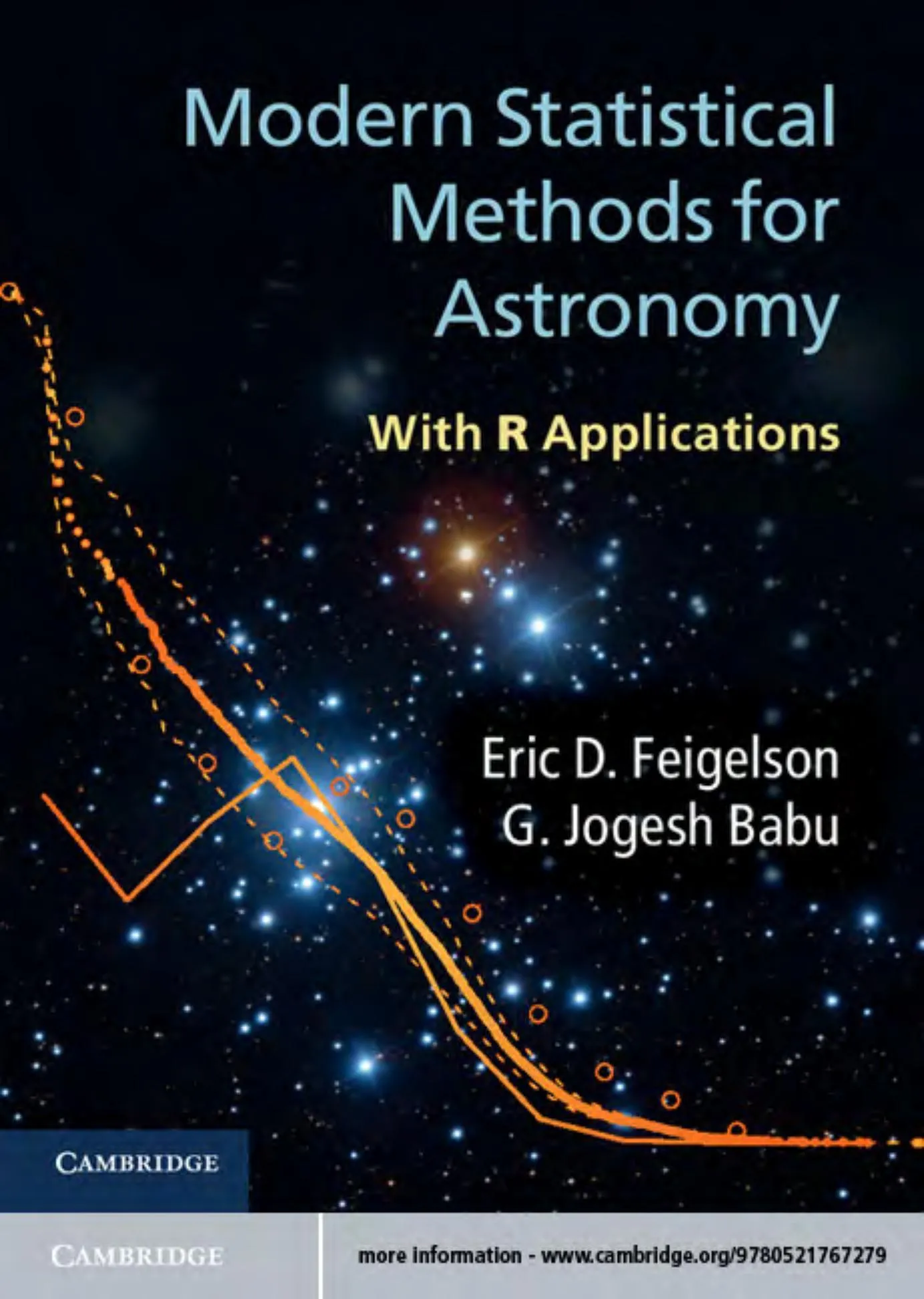Astronomical algorithms
4.7
Reviews from our users

You Can Ask your questions from this book's AI after Login
Each download or ask from book AI costs 2 points. To earn more free points, please visit the Points Guide Page and complete some valuable actions.Related Refrences:
Introduction to Astronomical Algorithms
Astronomical Algorithms is a definitive guide to the mathematical formulas and calculations used in celestial mechanics, positional astronomy, and timekeeping. Authored by Jean Meeus, this book serves as an invaluable resource for astronomers, programmers, and enthusiasts who wish to delve into the intricate workings of the cosmos. It is a compendium of precise algorithms carefully curated and tested to ensure accuracy, reliability, and ease of implementation in various computing environments.
The book strikes a balance between theoretical principles and practical application, presenting complex mathematical concepts in an accessible manner. Whether you're a professional astronomer seeking deeper insights or a programmer developing software involving celestial computations, this book provides the tools and knowledge to unlock the mysteries of the heavens.
A Detailed Summary of the Book
Astronomical Algorithms covers a broad spectrum of topics related to astronomy and celestial mechanics. The book begins by exploring the fundamentals of timekeeping, from understanding the nuances of Julian dates to calculating sidereal time. This lays the foundation for more advanced topics such as planetary positions, lunar ephemeris, and eclipses.
One of the book's greatest strengths is its detailed approach to calculating the positions of celestial objects. It explains methods for determining the locations of the Sun, Moon, planets, and stars with clarity and precision. These calculations are accompanied by step-by-step instructions, enabling readers to implement them in programming languages of their choice.
Additional topics include the calculation of parallax, refraction, and precession, as well as the intricacies of coordinate transformations. The book also delves into phenomena such as risings, settings, and transits, discussing how they can be predicted and observed. Each chapter is structured to build upon prior knowledge, ensuring a smooth transition from fundamental concepts to more advanced applications.
With its systematic and practical approach, Astronomical Algorithms serves as a bridge between theoretical astronomy and hands-on computation, making it a necessary addition to the library of anyone passionate about exploring the universe.
Key Takeaways
- Comprehensive algorithms for calculating celestial phenomena with accuracy and precision.
- Detailed explanations of astronomical principles, including timekeeping, celestial coordinates, and orbital mechanics.
- Step-by-step methods for implementing calculations in programming environments.
- An emphasis on practical applications, making the book suitable for both amateurs and professionals.
- Clear, concise, and rigorous explanations that ensure accessibility and reliability.
Famous Quotes from the Book
"Astronomy is not merely about gazing at the stars; it is about comprehending the mathematical language of the cosmos."
"Precision in celestial calculations reflects not just our knowledge but our respect for the vast and intricate workings of the universe."
"The beauty of an algorithm lies not in its complexity but in the elegance with which it unveils hidden truths."
Why This Book Matters
Astronomical Algorithms stands out as a seminal work in the field of astronomy, offering practical tools to explore the universe mathematically. It is widely regarded as a cornerstone for both academic and amateur astronomers, bridging a crucial gap between theoretical knowledge and hands-on application. The algorithms presented in this book have been utilized in a wide range of fields, from programming software for telescope tracking to studying celestial events with academic rigor.
What makes this book particularly significant is its timeless relevance. The algorithms and principles outlined remain as useful today as they were when the book was first published. With the growing field of computational astronomy and the increasing role of automation in astrological studies, Astronomical Algorithms has become indispensable to those eager to make meaningful contributions to the study of the cosmos.
By meticulously breaking down complex mathematical concepts, Jean Meeus ensures that anyone with an ardent curiosity for the stars can grasp and apply these algorithms. This book reaffirms the idea that the universe, while vast and enigmatic, can be explored and understood through the lens of mathematics and computation.
Free Direct Download
You Can Download this book after Login
Accessing books through legal platforms and public libraries not only supports the rights of authors and publishers but also contributes to the sustainability of reading culture. Before downloading, please take a moment to consider these options.
Find this book on other platforms:
WorldCat helps you find books in libraries worldwide.
See ratings, reviews, and discussions on Goodreads.
Find and buy rare or used books on AbeBooks.
1610
بازدید4.7
امتیاز0
نظر98%
رضایتReviews:
4.7
Based on 0 users review
Questions & Answers
Ask questions about this book or help others by answering
No questions yet. Be the first to ask!
